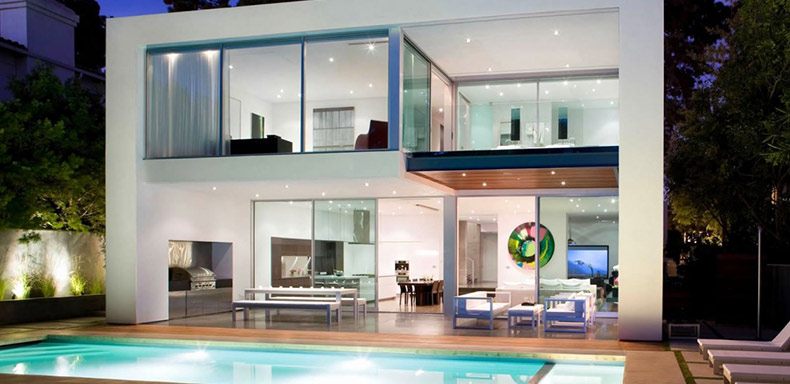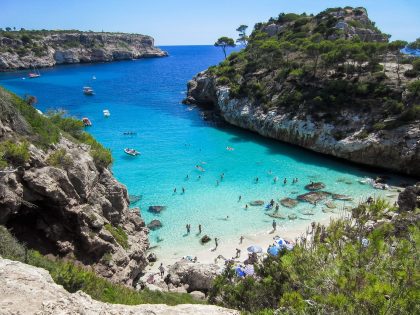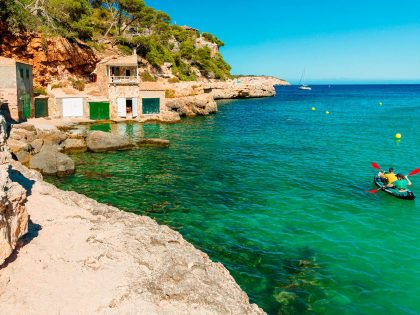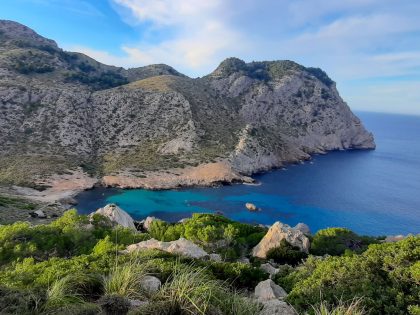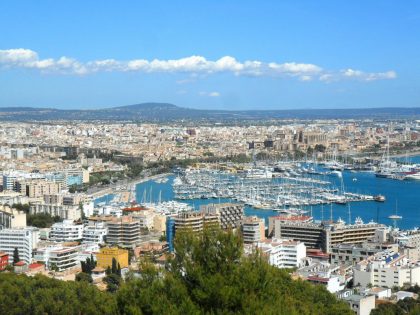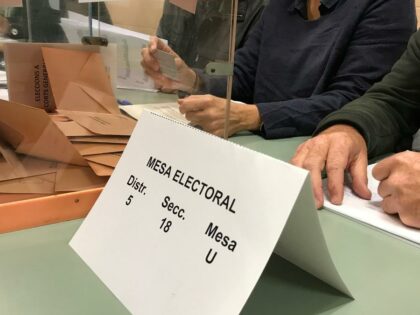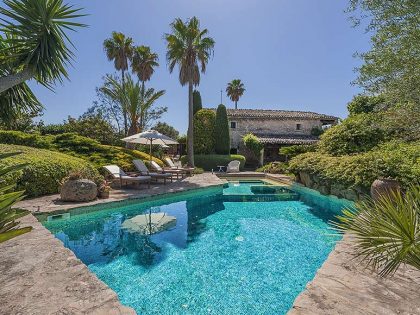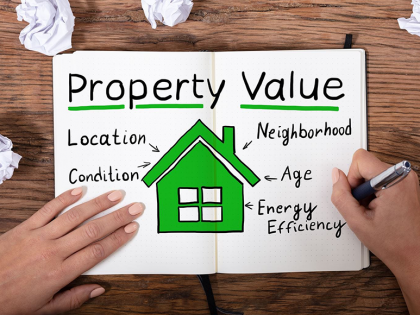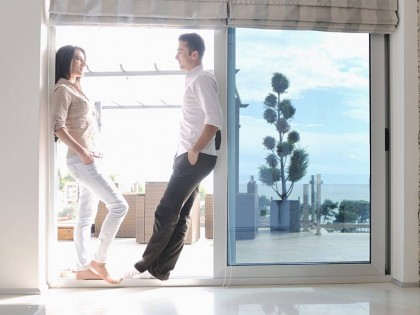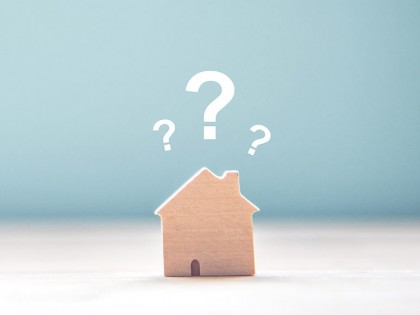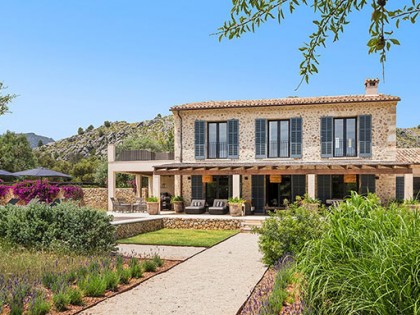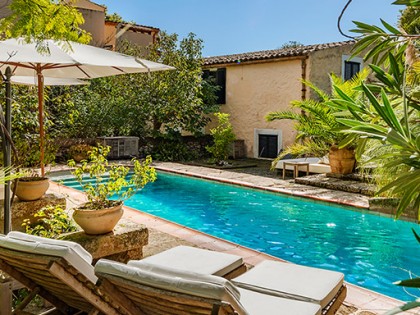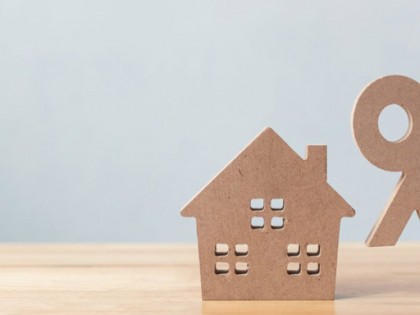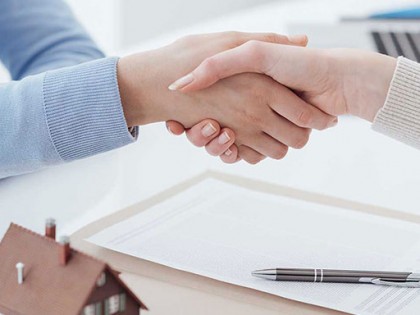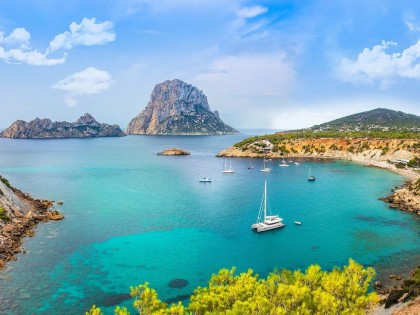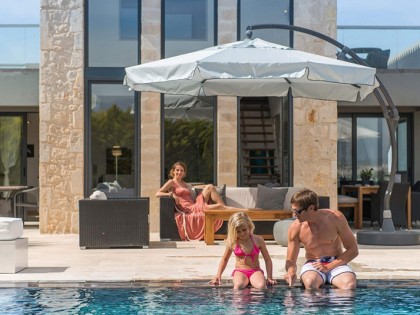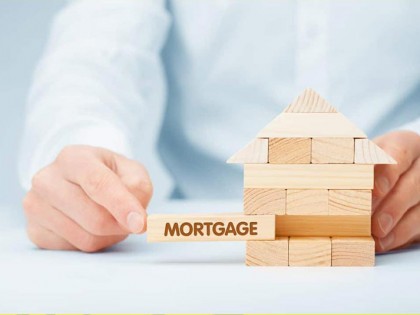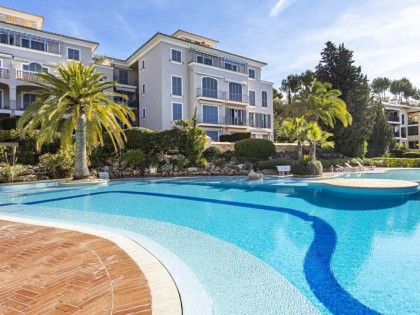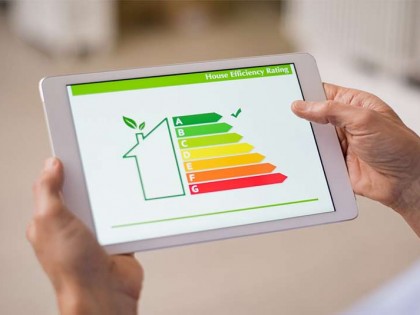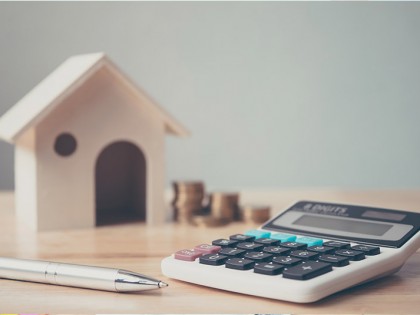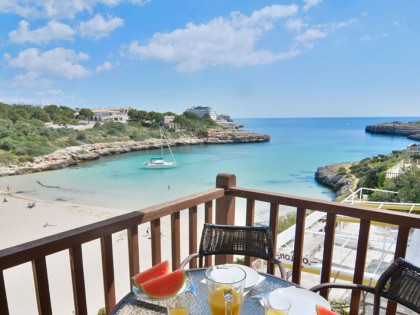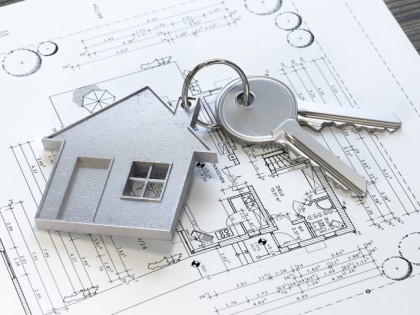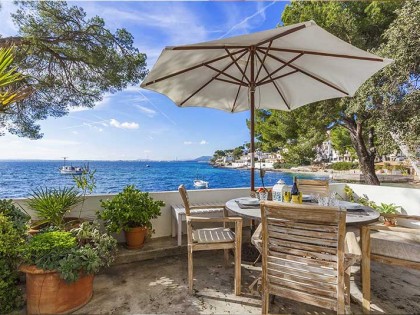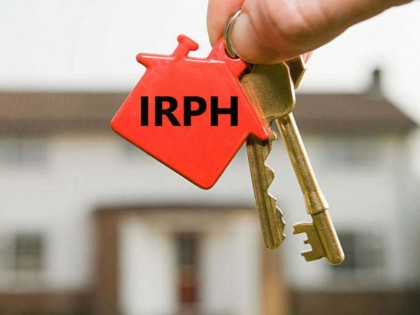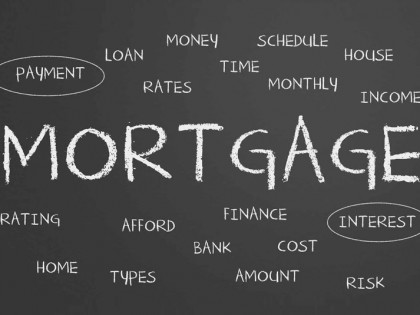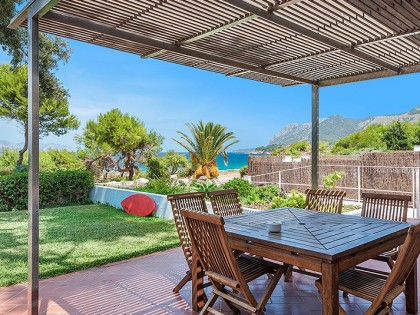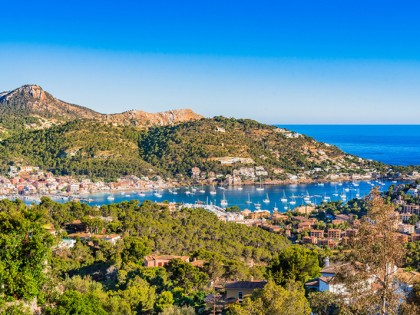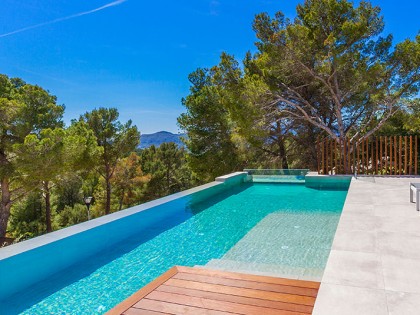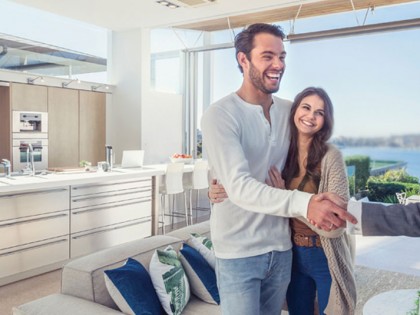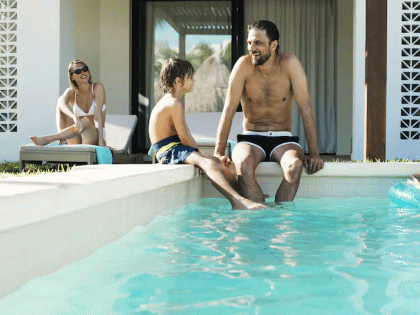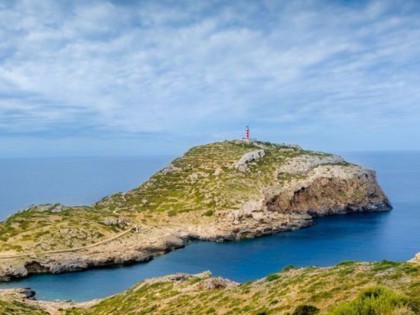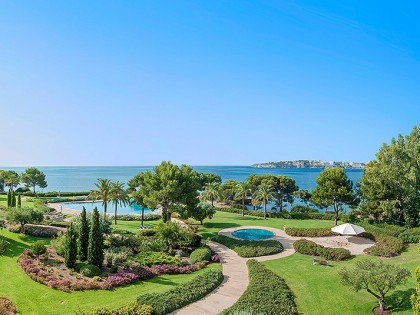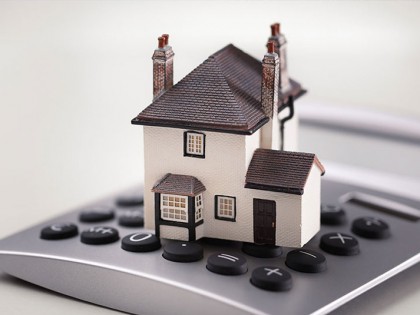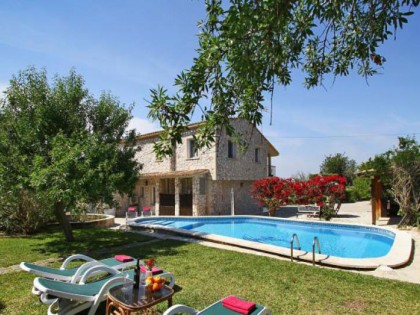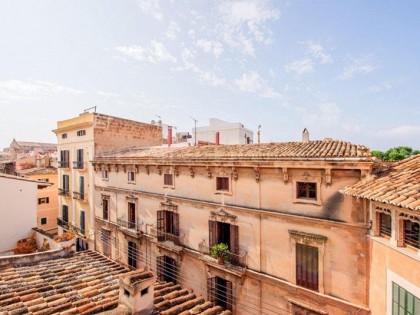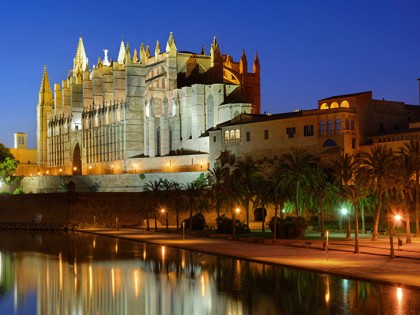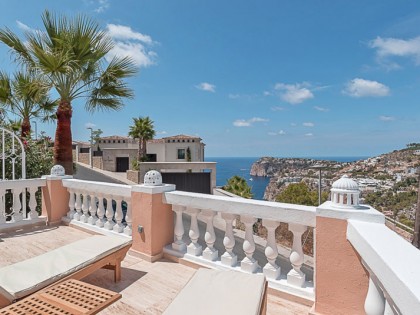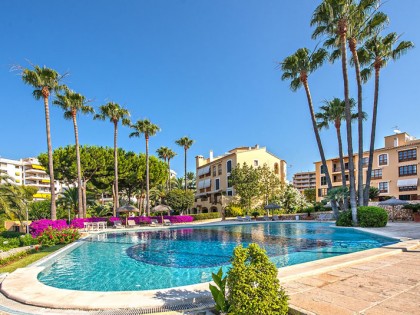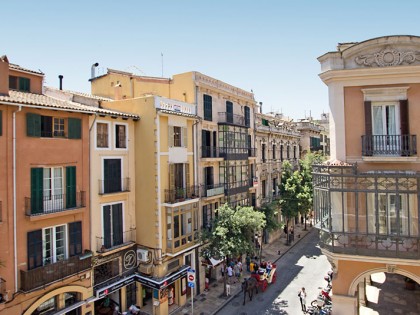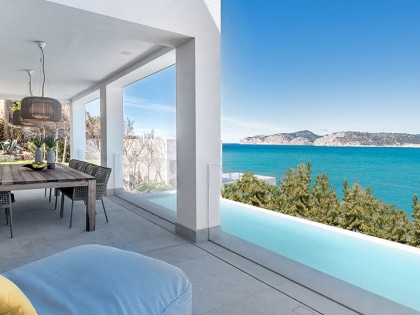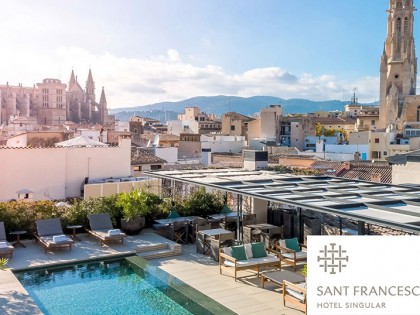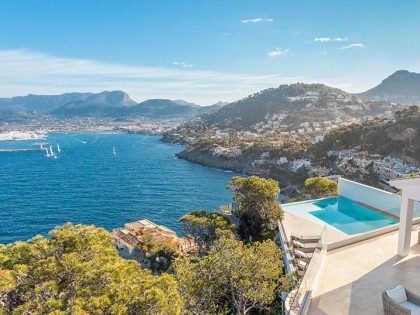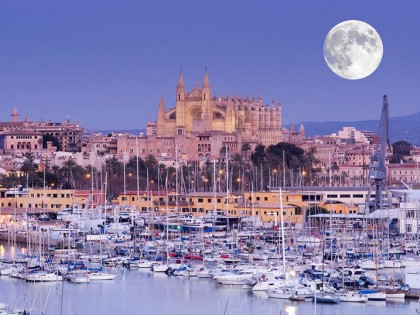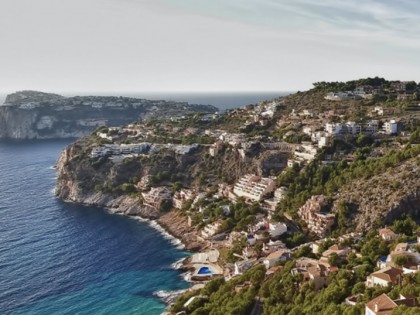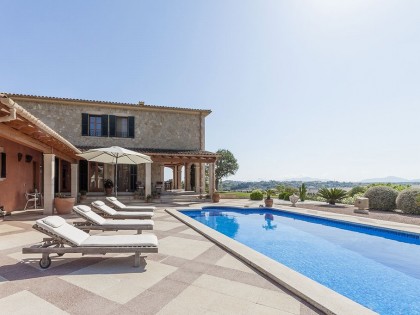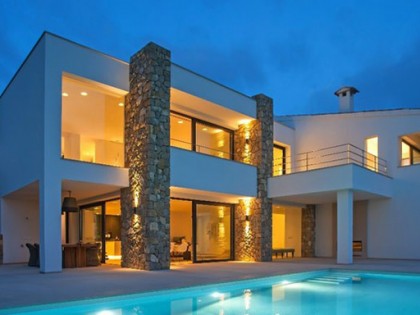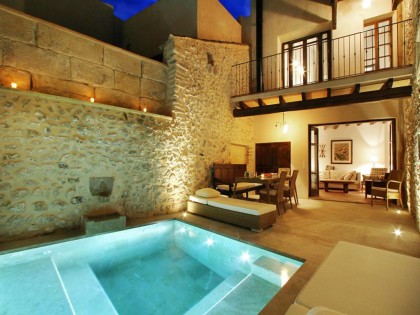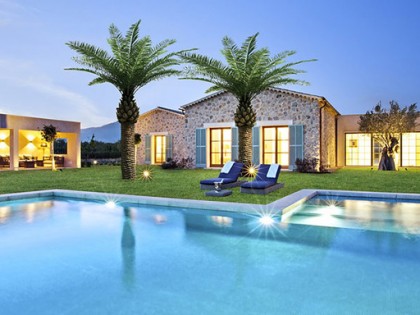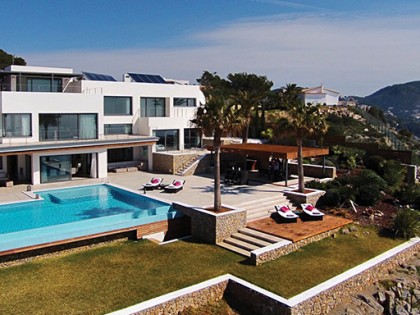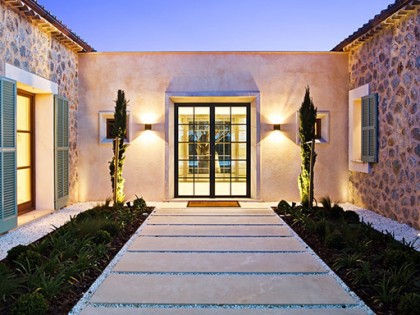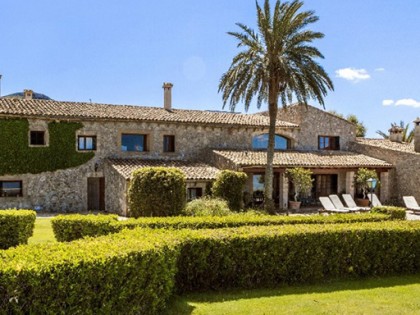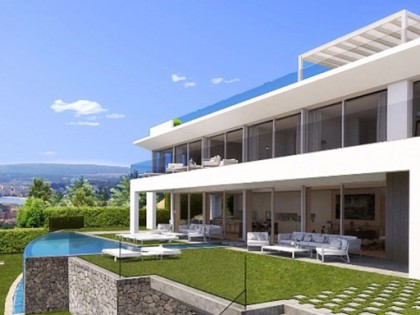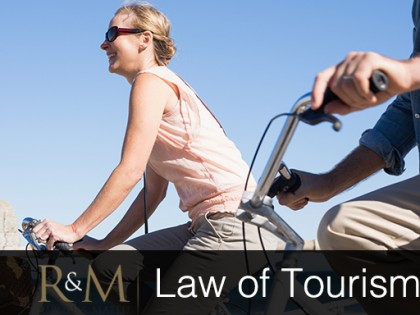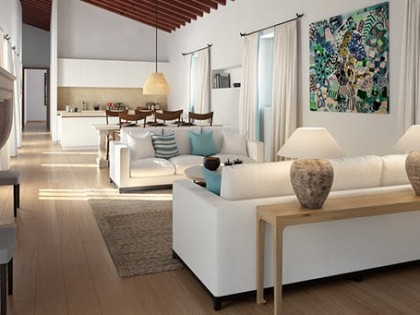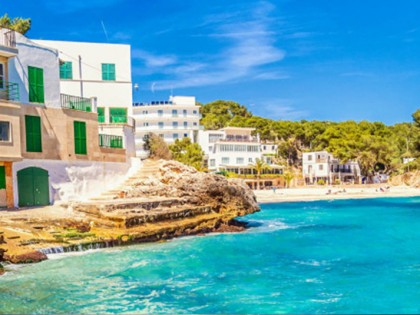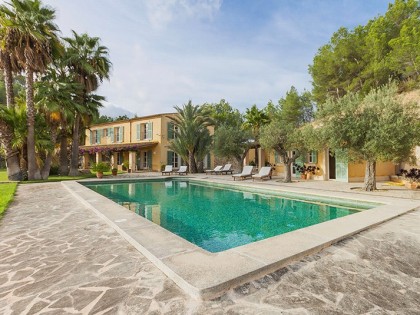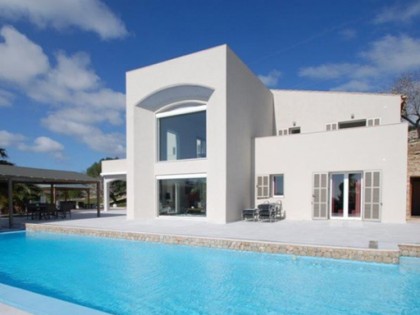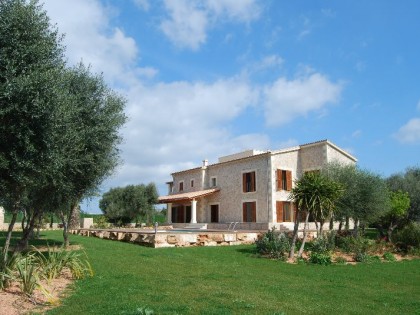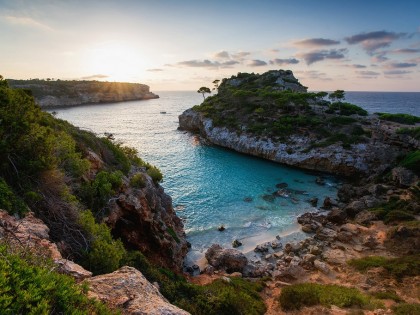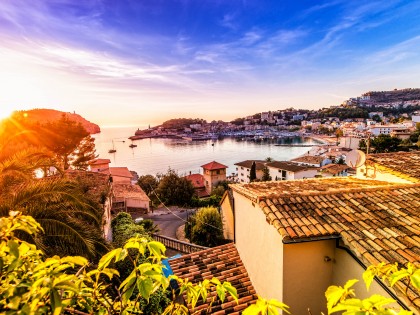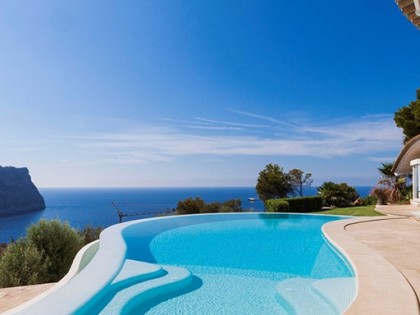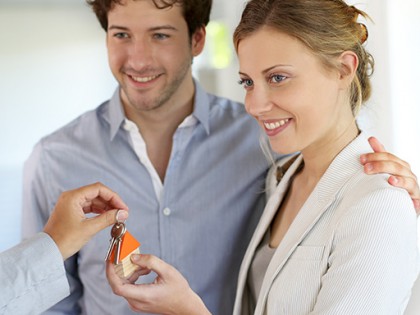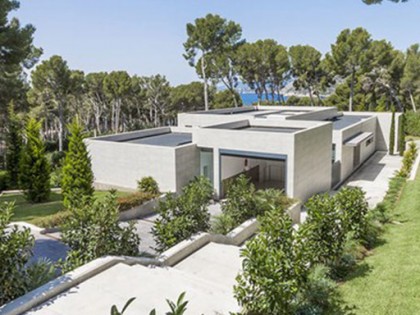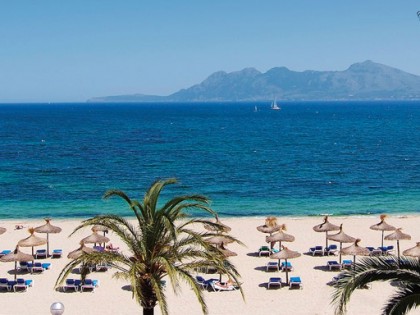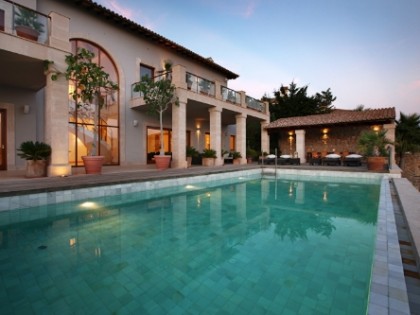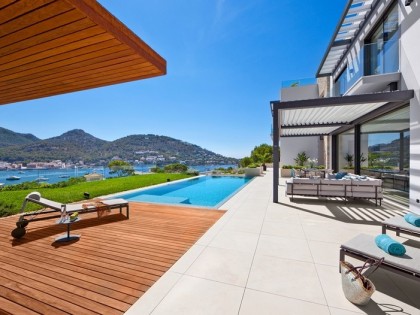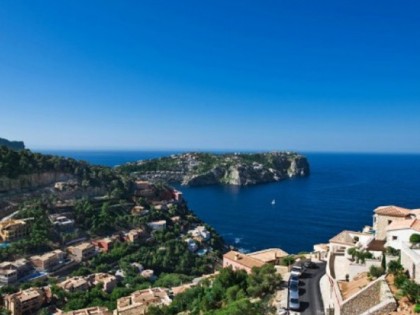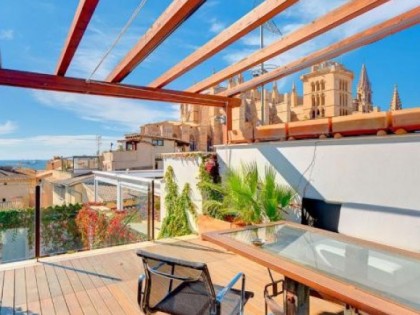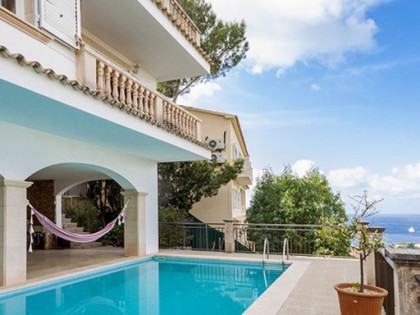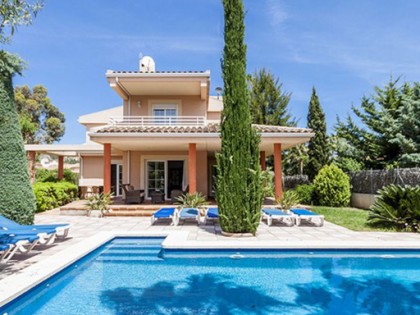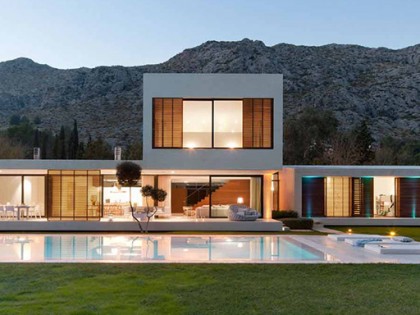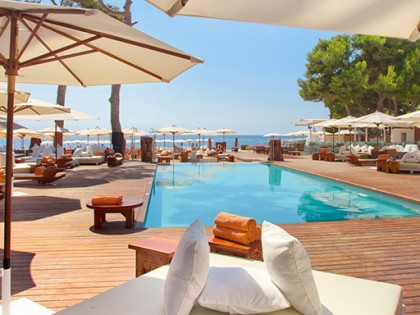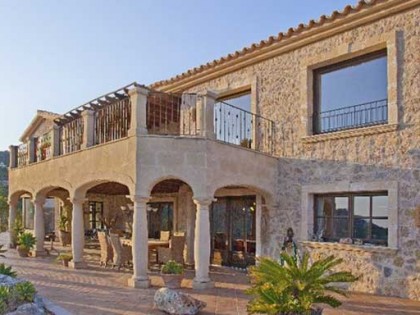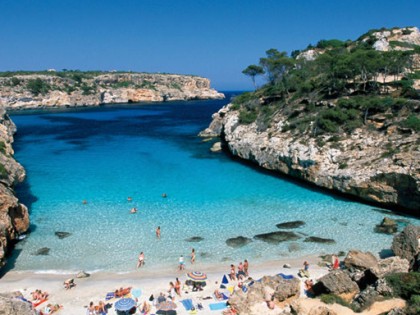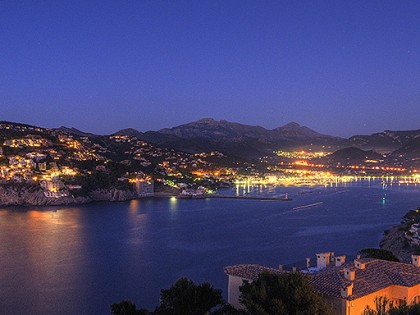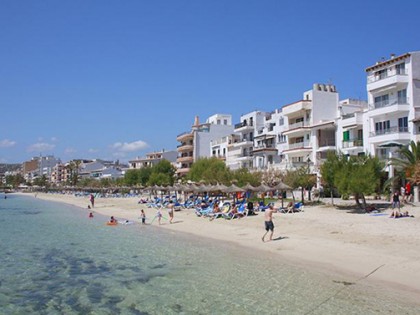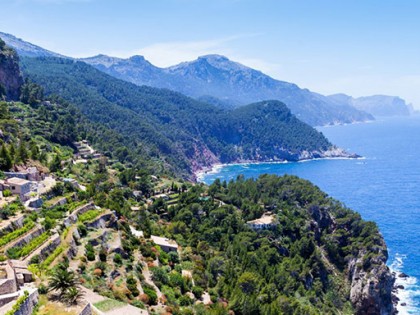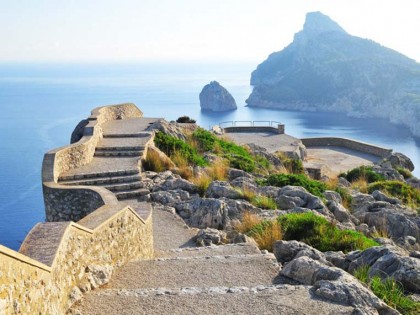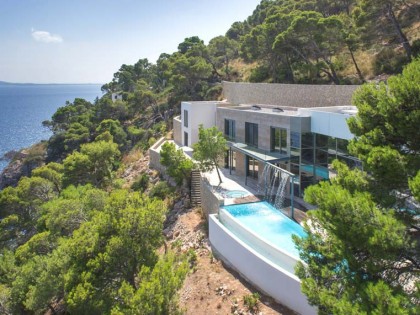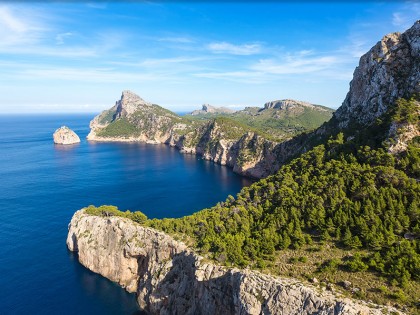Construction in Mallorca, Menorca and Ibiza, as well as greater Spain, is slowly becoming geared towards sustainability.
With the latest amendment to the Technical Building Code (CTE) coming into force, a new regulation has emerged that refocuses the sector on the energy efficiency of buildings and on the health, comfort and safety of users. This, together with the context of reflection brought about by the health crisis regarding the new horizons posed by the architecture of the future, has led to standards such as the Passivehaus being more in demand than ever.
And no wonder. In general terms, this type of construction achieves a much healthier and more comfortable interior space in terms of temperature, humidity and concentrations of CO2 and other pathogens and pollutants as well as achieving energy savings of between 60% and 90%. All this is thanks to an optimum system of thermal insulation that prevents the formation of thermal bridges, a roof that is completely sealed against the passage of air infiltration, high-performance carpentry (triple glazing, low transmittance and correct installation), a mechanical ventilation system with heat recovery and a bioclimatic design.
In the last two years the Passivhaus projects have doubled
According to the Plataforma de Edificación Passivhaus, a non-profit association that promotes passive buildings at a national level, there are currently 162 projects of this type in Spain. If we take into account that the first Passivhaus home was certified in 2010, and that in 2018 there were already some 80 passive buildings, on average, we can conclude that, in just two years, the presence of this design has doubled.
The update of the ‘Energy Saving DB HE’ includes similar requirements
The new requirements included in the ‘DB HE for Energy Saving’ of the Technical Building Code (CTE), in force since the beginning of July, complement perfectly with many of the requirements of the Passivhaus certificate.
This makes it easier for this certificate to progress in Spain. However, at present, this seal is still much stricter than the CTE. And there are still big differences. Among them, the requirements regarding thermal comfort in summer, airtightness, mechanical ventilation or thermal bridges.
The constant airflow in interior environments
According to the Passivhaus Building Platform, the double-flow mechanical ventilation included in a building with this standard can help to reduce the risk of infection in closed spaces. The reason for this is its ability to extract the stale air from the interior. And, at the same time, to filter the supply air that comes from the outside, eliminating also the polluting elements. In this way, optimum indoor environmental quality is guaranteed throughout the year.
Saving on energy costs becomes more important as we spend more time at home
Teleworking has increased the time we spend inside our homes. For this reason, it is now more important than ever to have buildings that reduce energy demand as much as possible and that allow economic savings in this sense.
This is something that a certified passive house achieves more than enough, as it has been proven that this type of house records one tenth of the expenditure generated by a “conventional” house with similar surfaces. And the fact is that, if the heating costs for a 120 m² flat amount, on average, to around 1,500 euros per year, in a passive property of the same size the expenditure would be around 150 euros per year.
Revalues a property by 20%
Adding value to property in Mallorca, Menorca and Ibiza for higher future returns will be more important than ever. In this sense, the estimated revaluation of certifying a property with the Passivhaus standard (EnerPhit, if it is a rehabilitation) is approximately 20%, according to the International Federation of Real Estate Professions (FIABCI).
Should you require any assistance or legal counsel concerning properties, purchases and sales on the islands of Mallorca, Menorca and Ibiza, please contact us at your convenience at info@mallorcasolicitors.co.uk or by phone on the numbers listed on our contact page.

